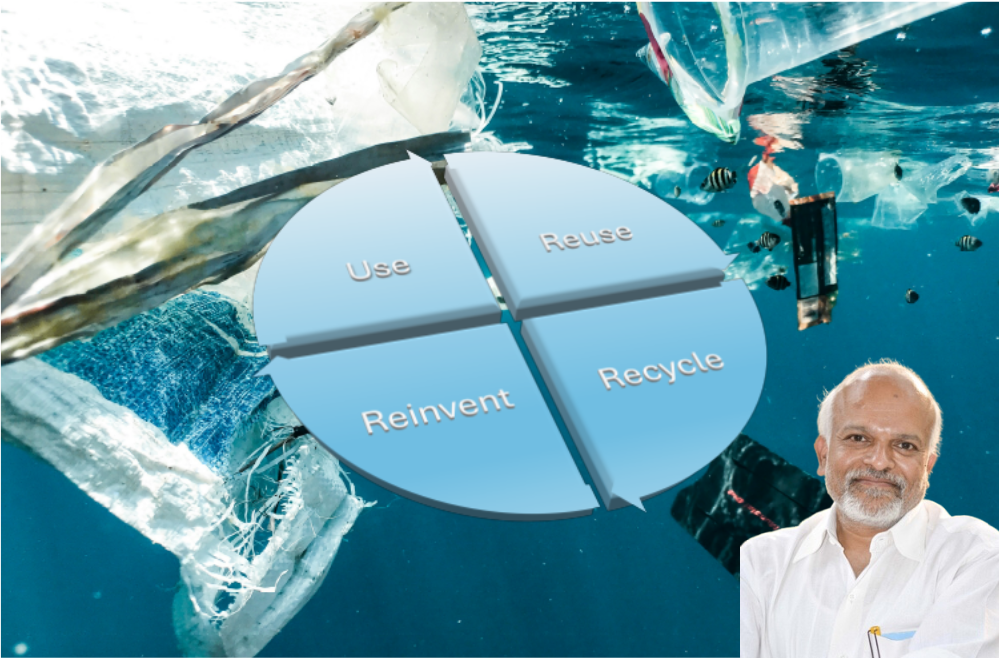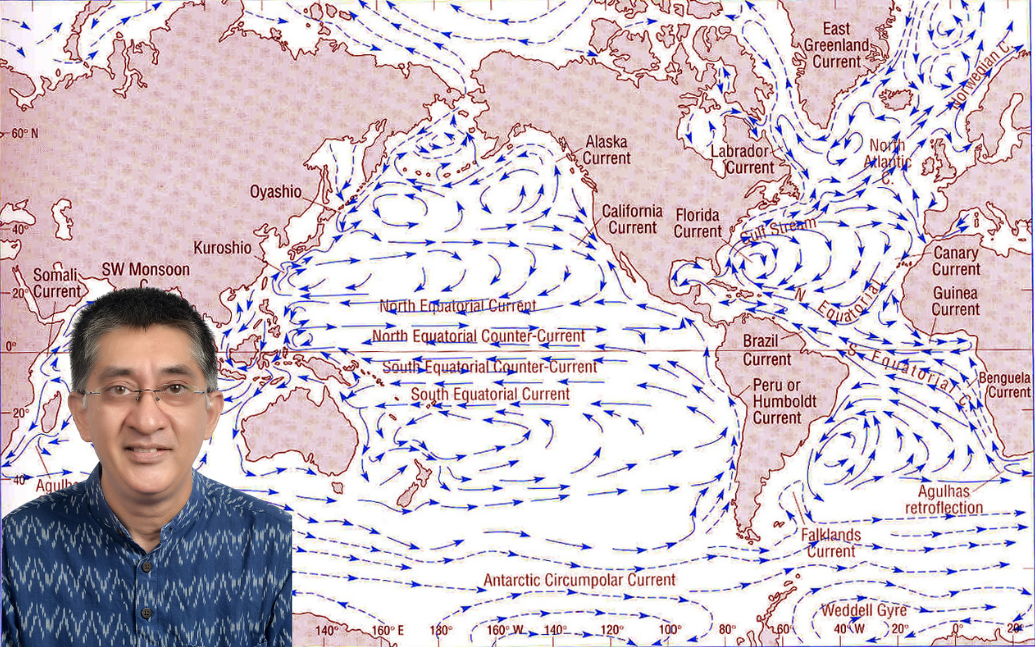Annapurni Subramaniam
Indian Institute of Astrophysics, Bangalore
Astronomy from Ground and Space
National and international astronomy projects have been using equipment on the earth as well as in space. India's first space observatory, AstroSat collects a wide-range of scientific data that provides insights into our universe.
Astronomical studies in pursuit of understanding our universe are being carried out using the ground as well as space based experiments. There have been various international space missions that contributed to the multi-wavelength studies of various astrophysical phenomena in the past. India's first space observatory, AstroSat has got significant attention in the international scene with its wide-ranging scientific output. As the calibration scientist of the Ultraviolet Imaging Telescope on AstroSat, the speaker will talk about the considerable knowledge regarding space missions. Here, I present some highlights of my journey in astronomy and some thoughts for the future.
Annapurni Subramaniam is an optical astronomer with research interests in Star clusters, Classical Be stars, Young stellar Objects, Blue straggler stars, Magellanic Clouds, nearby galaxies, UV astronomy. She is the calibration scientist for the UV Imaging Telescope (UVIT) on board India’s first space observatory, ASTROSAT. Her group has worked on software for Thirty Meter Telescope (TMT), which is being built by an international consortium with India as a partner.
Annapurni is an active member of the International Astronomical Union (IAU) that is the leading authority in assigning official names and designations to astronomical objects. She is a fellow of the Indian Academy of Sciences and the National Academy of Sciences. She is currently the Director of the Indian Institute of Astrophysics.









